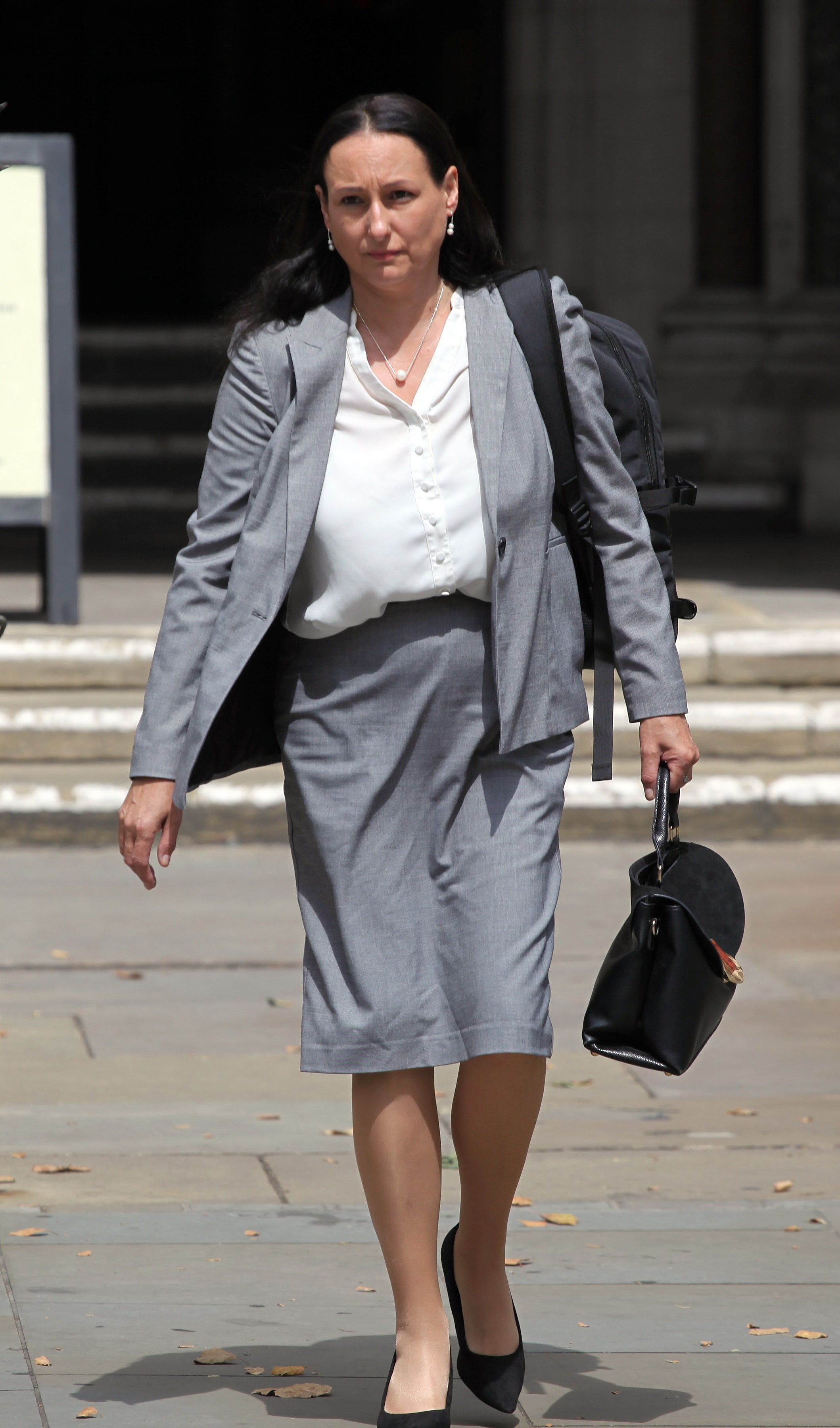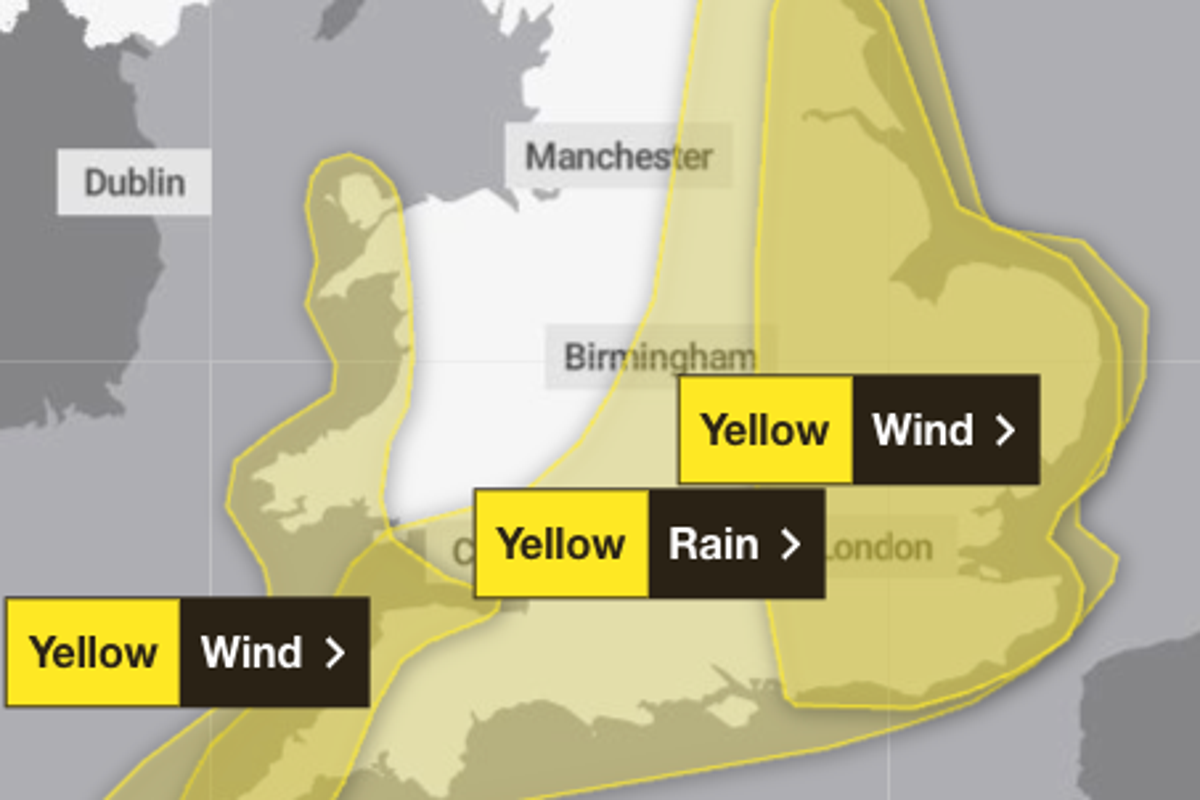A Reform UK candidate who sued over her election defeat – using fake AI-“hallucinated” legal authorities to back her case – has lost and been handed a £19,000 court bill.
Liz Williams was beaten to the post in dramatic scenes by Green candidate Hannah Robson in a rural Worcestershire election after recounts left them tied on 889 votes in May.
It led to the election being decided by random, with two ballot papers placed in a box and Mrs Robson’s name being pulled out, securing victory for the Green candidate, who took her seat on the county council.
Mrs Williams launched a High Court petition challenging the result, citing the bizarre ‘name out of the hat’-style random draw, as well as allegations of irregularities at polling stations.

But her case was dismissed last week because it had been filed too late, with a senior judge also noting that it had been backed by legal authority none of the lawyers had heard of.
Mr Justice Martin Spencer said no record could be found of the authorities cited by Mrs Williams, with one of them supposedly dating back to before the First World War.
“It appears it may have been an invention, indeed a hallucination, of AI,” he said.
He also ordered her to pay £19,000 towards the costs of the case, a ruling which Mrs Williams said left her feeling “oppressed and silenced” and which would “destroy my life.”
The court heard Mrs Williams and Mrs Robson were rival candidates for the Littletons ward – which comprises three tiny villages – of Worcestershire County Council in May when the unlikely dead heat occurred.
According to Mrs Williams’ petition, several counts at the Pershore Leisure Centre resulted in the rivals being tied on 889 votes, with traditional party candidates behind.
“The declared result was determined only by folding and placing two used election ballot papers into a ballot box and the deputy returning officer pulling one out,” she says.

“The petitioner believes this process was not carried out in accordance with due process of law, open to fraud and corruption and did not allow time for independent legal advice to be obtained when being pressured into accepting the process in principle.
“I did not feel able to witness the entire process without obstruction, nor my concerns to be heard at the time.
“I could not see the box for all of the preparation and was not included in that.
“I did not agree to a third person shuffling the papers. Once in the ballot box, only the returning officer should have had their hand in the box.”
Mrs Williams also complained of “fraud,” citing irregularities on voting day, with campaigning allegedly occurring on the grounds of polling stations.
However, the case was dismissed after lawyers representing the returning officers pointed out that her petition had been filed a day outside of the 21-day limit following an election.
Mrs Williams claimed that she was within the time limit, claiming that time started running only when the winner was declared, not when voting took place.
As part of her case, she cited two cases – titled “R v Hackney ex parte Sidebotham 1912” and “The Mayor of Tower Hamlets v Electoral Commission 2015” – which were said to provide vital legal precedents in election disputes.
However barrister for the returning officers, Timothy Straker KC, said he had done an extensive search for the cases, and found nothing online or on paper.
The judge said the issue had been raised before the hearing with Mrs Williams, who acknowledged there were “errors” in the documents she originally filed.
He said the legal authorities – previous court decisions used by lawyers to back their cases – appeared to be AI-generated, and said he would not be criticising her.
But throwing out Mrs Williams’ petition, he said the law provides for a 21-day limit for challenges to be filed after elections – and that she had missed that deadline.
“The petition wasn’t presented within the time limit prescribed by Section 129 (1) [of the Representation of the People Act 1983],” he said.
“The primary legislation doesn’t provide any power to the court to extend time for the presenting of a petition.
“In my judgment, the respondents’ application succeeds. The petition wasn’t presented in time and I consider that it should be dismissed.”
Having found against her, he also ordered Mrs Williams to pay £19,000 towards the returning officers’ lawyers’ bills.
Although very rare, it is not the first time a council election in the UK has ended in a dead heat between two candidates, leading to the winner being picked at random.
In Blyth in 2007, the winner in one ward was chosen by the drawing of straws, while a candidate in Yorkshire in 2022 offered to play poker to decide the winner, before going on to draw straws too.
Electoral Commission guidance to returning officers states: “When two or more candidates have the same number of votes, and the addition of a vote would entitle any of those candidates to be declared elected, you must decide between the candidates by lot.
“Whichever candidate wins the lot is treated as though they had received an additional vote that enables them to be declared elected.”



